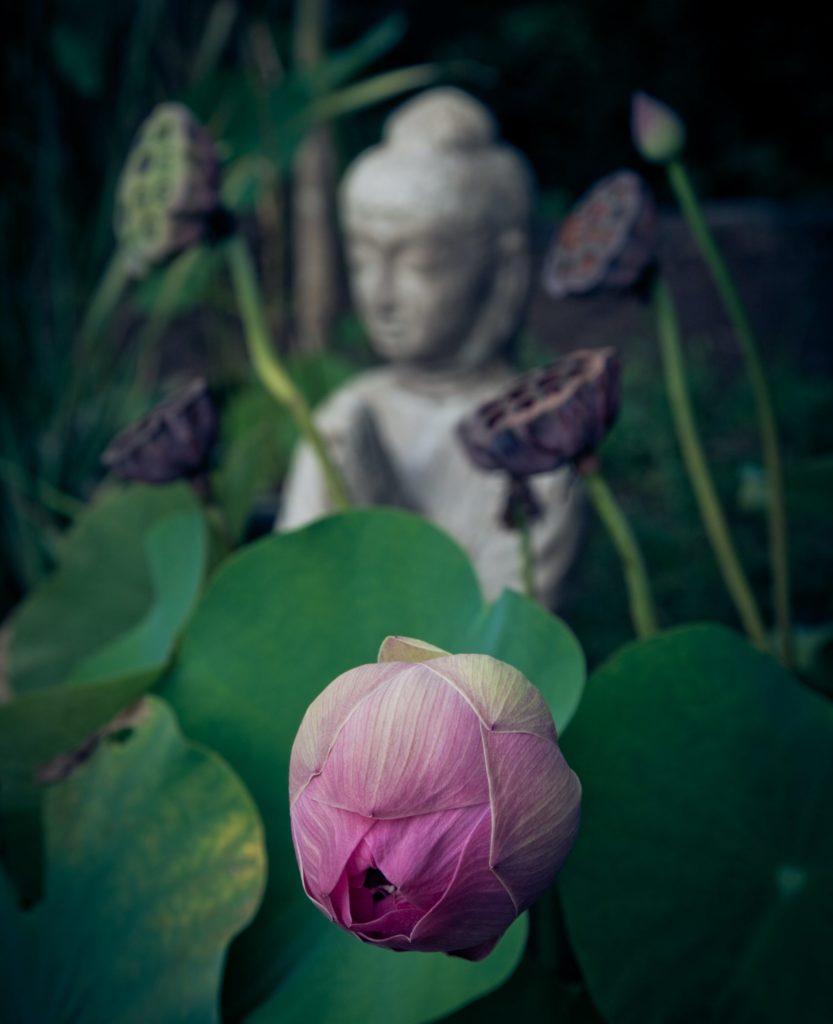
Through the process of sitting still and following your breath, you are connecting with your heart.
Luckily, one day I read this line in a book. It changed my life forever.
It was from a passage in Chögyam Trungpa’s book Shambhala: The Sacred Path of the Warrior. At the time I found it, it was an odd and unlikely thing for me to read. I wasn’t religious; I possessed no spiritual inclinations and had no curiosity about deep things. I didn’t feel like a warrior and had no path. The book had simply fallen into my hands during a desperate time, the contours of which are not too different from today. My world had fallen apart, leaving my mind tormented and my spirit broken. Lonely, depressed, and despairing of fulfillment in either work or relationships, I was looking for something to keep me moving forward into the long shadows of uncertainty. I needed a reason to live.
Without knowing it, the thing I was looking for was my own heart. And here was a stranger telling me how to find it: be still and listen.
The sitting practice of meditation is the means to rediscover basic goodness, and beyond that, it is the means to awaken this genuine heart within yourself.
For all our self-involvement, most of us remain wholly unfamiliar with who and what we really are. Sure, we know well our stories of shame and inadequacy; self-pity, grievance and grudge; desire and attachment. We know our faults and failures. But we may remain blind to the pure marvel of our being, the mystery of breath, and the miracle of our bodies. We may not notice the constancy of the earth and sky that sustain this life, or the sun, water and food that nourish us. Indifferent to the basic goodness of what we already have, it’s not surprising that we feel the aching absence of what cannot be found or filled from outside. How can we see this for ourselves?
By simply letting yourself be, as you are, you develop genuine sympathy toward yourself.
People quibble about the various methods and benefits of meditation, but what shouldn’t be overlooked is the power of the posture itself. Sitting upright, anchored on the ground and supported by the spine, we embody dignity, self-discipline and personal responsibility. At the same time, we are soft, open and vulnerable. With face forward and chest open, we present a self that is undiminished and undefended, completely engaged with reality. We no longer feel the need to hide what we are or pose as something we aren’t. We accept ourselves. Amid worry and sadness, loss and pain, we awaken our own heart of compassion. Now we have something to live for: doing good.
You are willing to open up, without resistance or shyness, and face the world. You are willing to share your heart with others.
It is a difficult time to believe in the promise of this ancient practice. Many of us confront circumstances more dire than at any other time in our lives: an entirely unknowable world. Expectations are fruitless. Hope may be pointless. A future once so blithely envisioned will never be. And yet, there is nothing more vital to humankind at this hour than human connection. It is a time for genuine fearlessness and the compassion that rises from it. This is the path of a bodhisattva, opening our eyes to a world in need, and seeing the infinite, ordinary ways we can care for others. This alone will heal us. This alone will last. And we can begin to do it today.
Photo by Sarah Ball on Unsplash

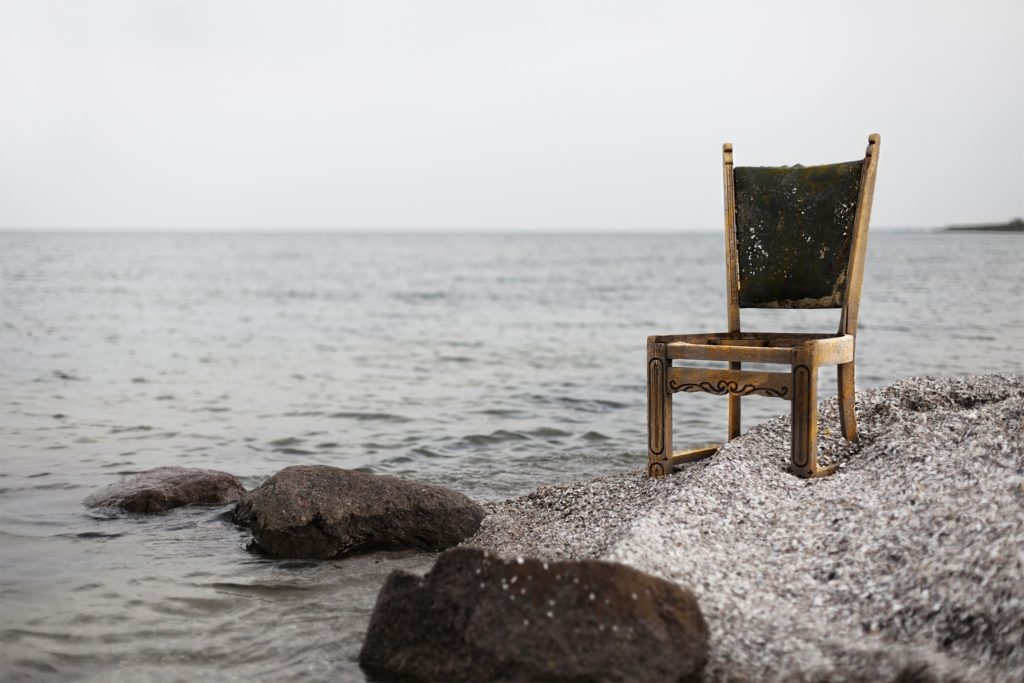
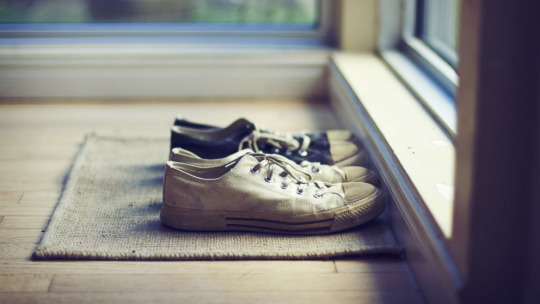




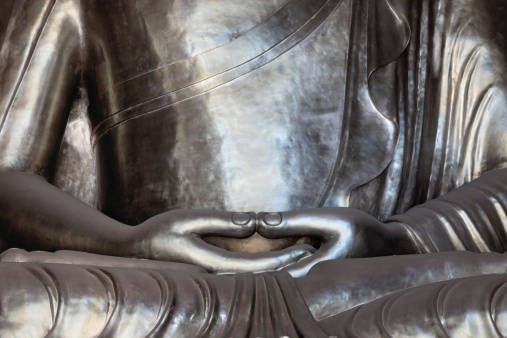
 If my practice doesn’t make me more tolerant, humble,
If my practice doesn’t make me more tolerant, humble,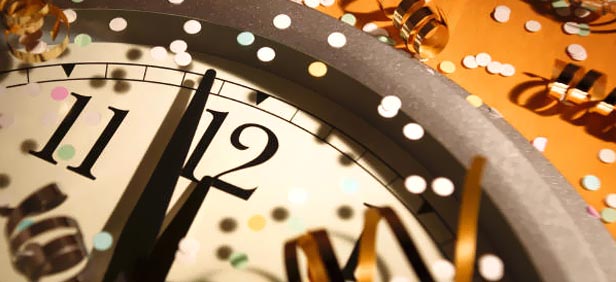
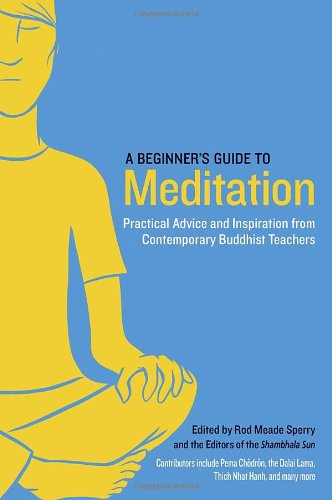
 We spent the day emptying drawers, sorting “keep” or “go,” hauling bags of trash and giveaways, swiping piles of dust. My husband and I have relented to buying my daughter a new bed, a bed entirely of her choosing, to match her self-image and sensibilities, a “teen” bed which will endure as the last blasted bed we buy her. It delivers tomorrow, and so today we cleaned out her room, meaning we cleaned out the most beloved 12 years of our lives. A day like this reminds me that all days are like this. I can’t say it any better than I did in
We spent the day emptying drawers, sorting “keep” or “go,” hauling bags of trash and giveaways, swiping piles of dust. My husband and I have relented to buying my daughter a new bed, a bed entirely of her choosing, to match her self-image and sensibilities, a “teen” bed which will endure as the last blasted bed we buy her. It delivers tomorrow, and so today we cleaned out her room, meaning we cleaned out the most beloved 12 years of our lives. A day like this reminds me that all days are like this. I can’t say it any better than I did in 
